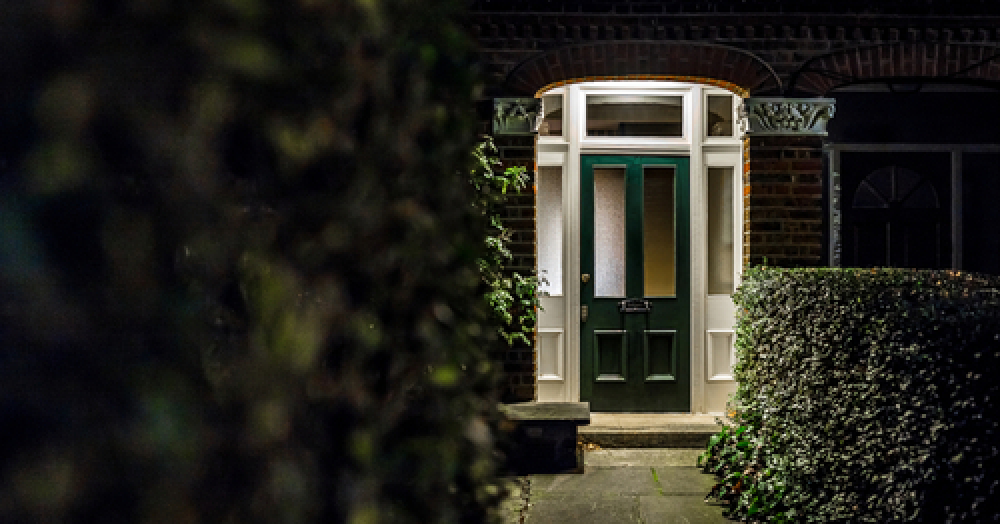One of the first distinctions that you need to determine when placing your home on the market is the difference between its actual value and its current marketability. Several aspects determine a property’s value. Likewise, many factors influence its marketability when considering the current economic climate.
While a home’s value is based on aspects such as the type of property, its size, features and configuration, marketability relates to the property’s readiness to be sold, looking at elements such as the home’s condition and aesthetic appeal.
Let’s look at value
A major factor in determining a home’s value is the supply and demand in the market, as well as buyers’ personal preferences. When the demand for housing is greater than what is available on the market, the perceived value of property increases. The opposite is also true, in that when there are more homes on the market than willing buyers, home values can stagnate.
Property prices are synonymous with demand, the two are intrinsically linked. The value of a home is not established by the seller, but rather the prospective buyer. Essentially, what this means is that value is largely determined by what buyers are prepared to pay in the current market.
Be aware of trends
An important aspect to consider is that while renovating or upgrading a property can impact the home’s price range to some degree, it does not always mean that the value of the property will increase.
Why is this?
If you are renovating to sell the property, you will need to be aware of the current trends in the market and what buyers are willing to pay more for. Upgrading the kitchen or bathrooms will make the home more appealing, but it doesn’t mean a buyer will be willing to pay an increased amount for the property. You can increase the value of your home through renovation, however, a renovated house’s value is not necessarily equivalent to the spend.
Don’t overcapitalise
When renovating, you also need to be aware of the possibly over-capitalising. If the improvements to the home are beyond the value that the area dictates, it will have a negative influence on the property’s saleability. Why would a buyer want to pay more for the home, when they can get a similar one in the same area for less?
So, what about marketability?
Considering that the marketability of a property is largely determined by how ready it is to sell, preparing the home before it is listed will ensure that it attracts a greater number of potential buyers. Essentially, increasing marketability can result in you achieving a higher price for your home. If your home is clean, neat and well-maintained, it will be far more appealing to prospective buyers.
The marketability of your property increases if it is in its best possible condition before being placed on the market. Although adding a coat of paint and having the garden landscaped won’t necessarily increase your home’s value, it will make it appealing to a larger audience or potential buyers - even though the actual features of the home have not changed.
Staging will help
Staging will also have an impact on your home’s saleability. It is advisable to de-clutter and remove unnecessary items, but keep the home furnished. It can often be more difficult to sell an empty home because it can look bare and buyers might find it difficult to picture themselves living there. An experienced estate agent will be able to provide valuable advice regarding staging your home and making it more appealing during viewings.
While there is a distinction between value and marketability, both aspects should be considered and are important for you to ensure you maximise their potential selling price and stand apart from the crowd in this competitive market.

